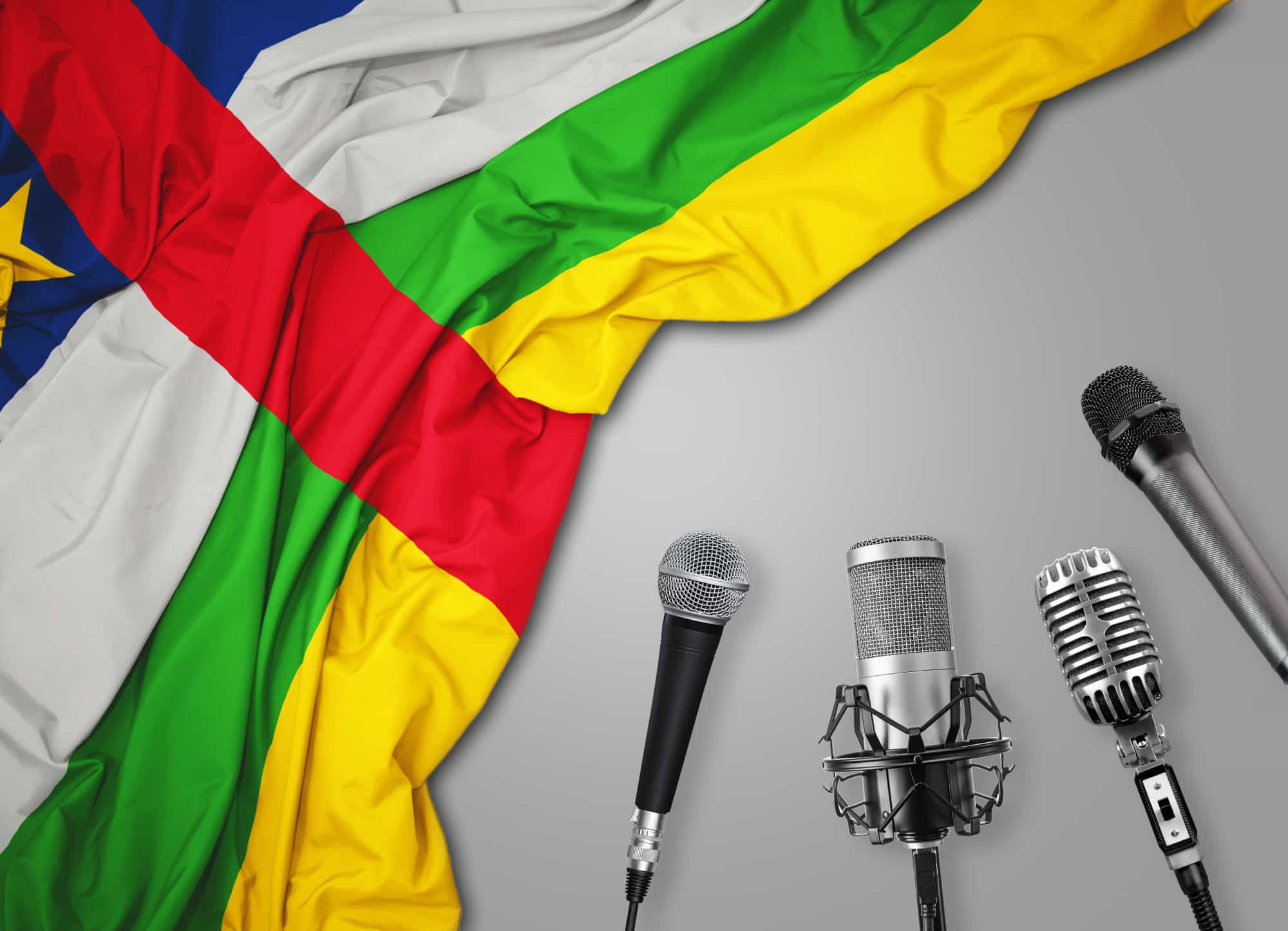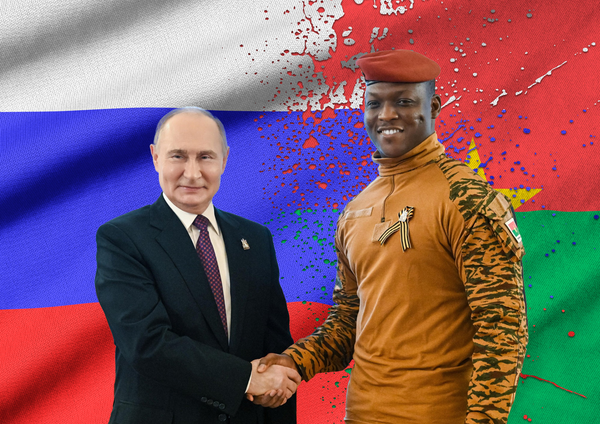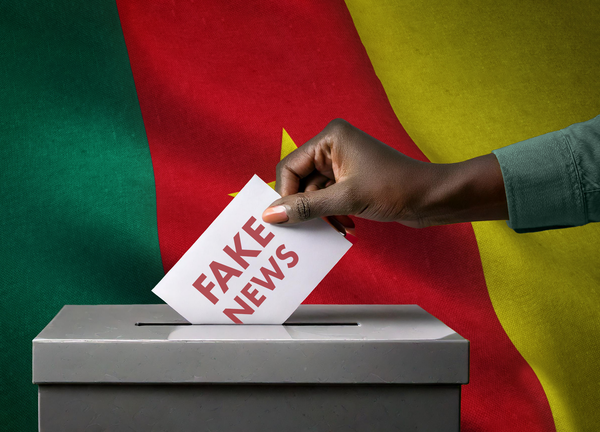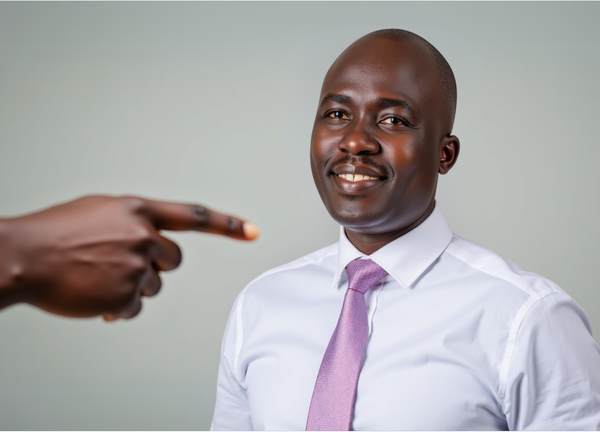Television 📺
Only two television channels exist in RCA. The population does not use this support to remain informed of news because of its high cost and the lack of infrastructure.
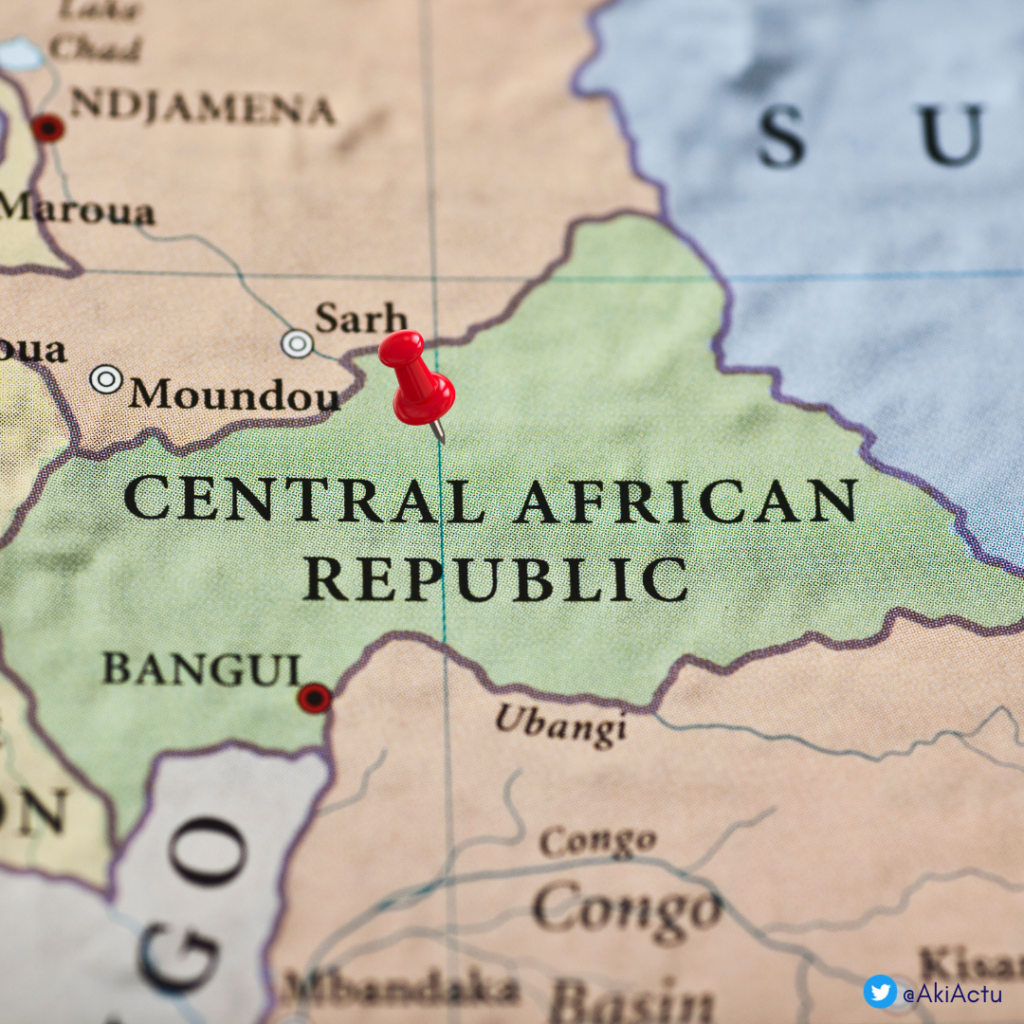
Radio 📻
On the contrary, there are several dozen radio stations on the territory. Indeed, it has a low access cost. This allows easy access to information. Thanks to a strong tradition of orality, it is widely disseminated in the territory.
The written press 📰
because of the low literacy rate, the written press is almost only disseminated in the capital. According to the 2021 report of We Are Social, the literacy rate is around 37% in the Central African Republic. In addition, the thirty newspapers are only published in French. This excludes a good part of the population.
In order to reach the greatest number, it happens that the written press is broadcast in public reading.
Internet 🌐
The poor quality of infrastructure as well as access costs make the Internet an information that is still poorly developed in RCA. It is therefore one of the countries least connected to the world.
Users are mostly residents of Bangui, the capital. Online information sites are developing but are mainly intended for political and economic elites.
Regarding social networks, Facebook is the most used platform.
RCA poverty slows the development of the media
The Central African Republic (RCA) is weakly connected by Internet. The causes of this low use of the Internet and social networks, especially Facebook, is due to unsuitable legislative and regulatory executives. It becomes very complicated to create an environment conducive to freedom of expression online and offline. RCA has no policy or regulation concerning internet access and accessibility.
Poverty and war make media development difficult. Central African journalists evolve in very great precariousness. Indeed, there are only two television channels. On the other hand, radio remains the dominant media, with several dozen stations throughout the territory. Radio Ndeke Luka is one of the few media to disseminate information that respects facts and sources are regularly subject to pressures.
While several crises shake the country, journalists and communication professionals are often arrested, private media offices are often closed and equipment ransacked. Since November 30, 2020, the National Assembly of the Central African Republic has voted the first law on freedom of communication. However, she is still waiting to be completely proclaimed by the President of the Republic.
Journalists in danger
In the RCA, journalists who interview the various actors in the conflict are regularly treated with spies or accomplices of the armed bands. Violence, pressures and threats to them are frequent. When crimes are committed against journalists, no punishment is implemented and the list of victims lengthens from day to day.
Unfortunately, no matter what they write, they have no fixed salary or legal minimum income. The profession of journalist therefore remains underpaid and dangerous in CAR.
The Russians present in the media landscape
Russia has developed an influence strategy in the territory since 2017. They diversify the usual themes by relaying the deliveries of arms, the training, the acts of war of the committed of Wagner, or their relations with the rebel groups.
Newsstands saturate with Russophilian press, it is mainly intended for the elite and concentrated on the capital. They glorify the beneficial Russian country, highlight certain politicians, and criticize opponents of the political regime in place.
At the time of social networks, the Russian media have a considerable impact on public opinion. They have great know-how in terms of propaganda, disinformation and manipulation. Unfortunately, the Central Africans are the first victims.
If you want to discover a new media landscape, you can redirect yourself to press freedom in Gabon and Burkina Faso .

